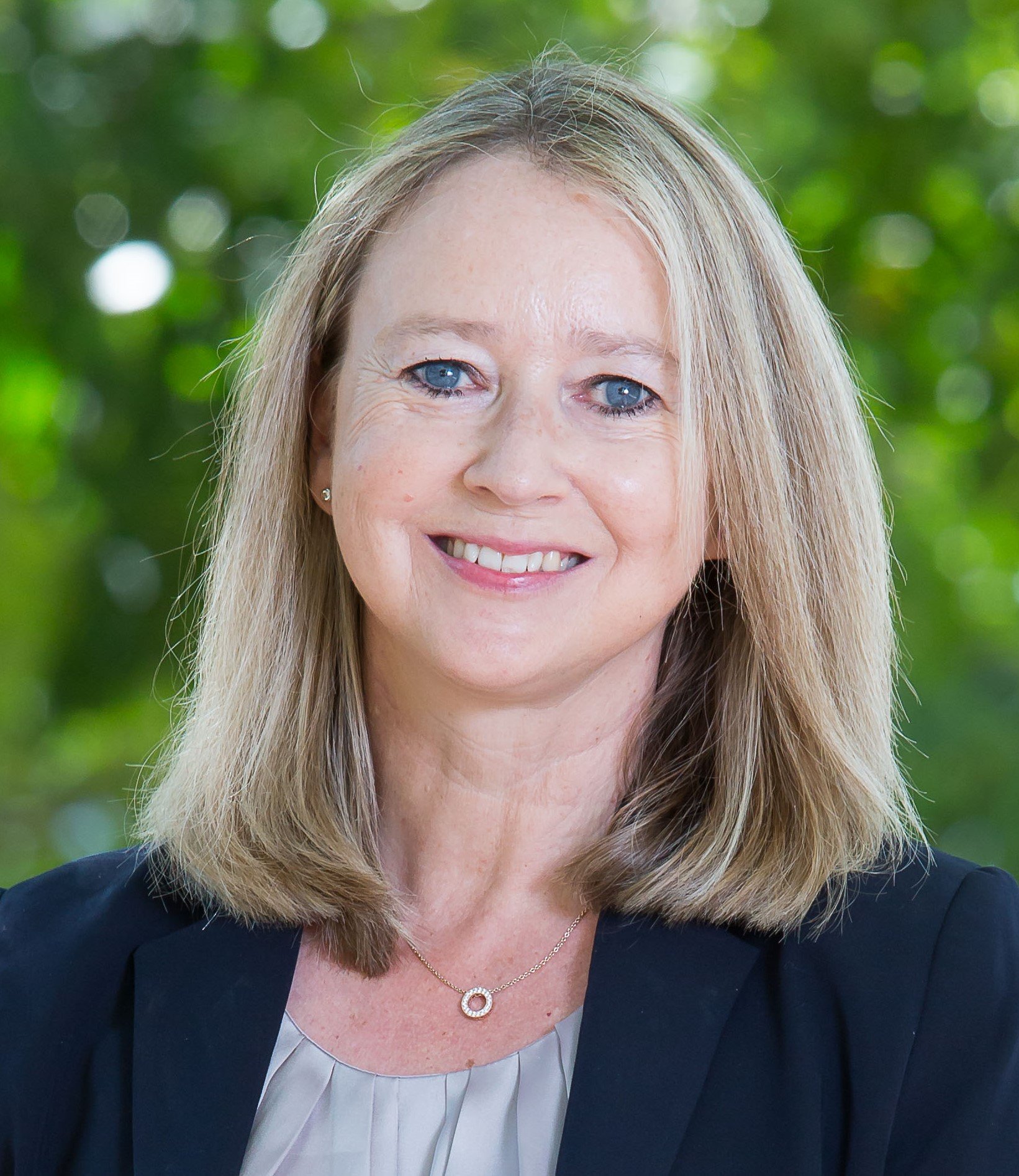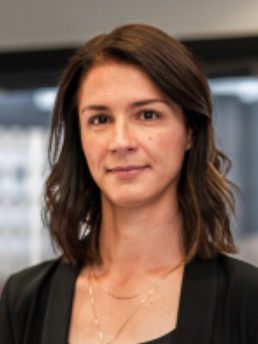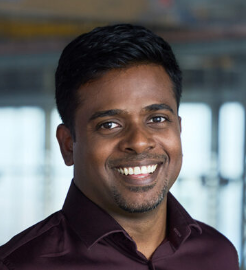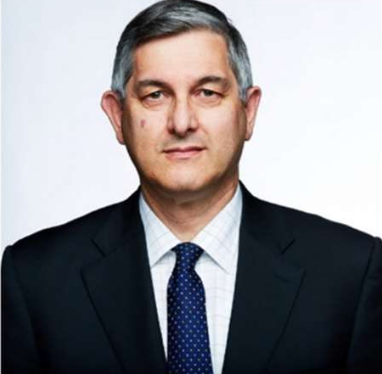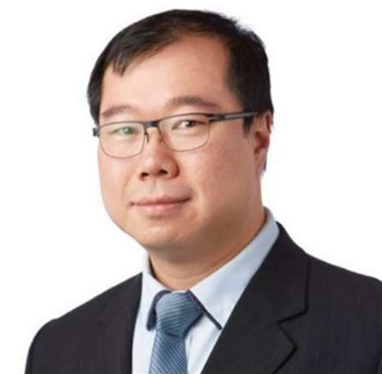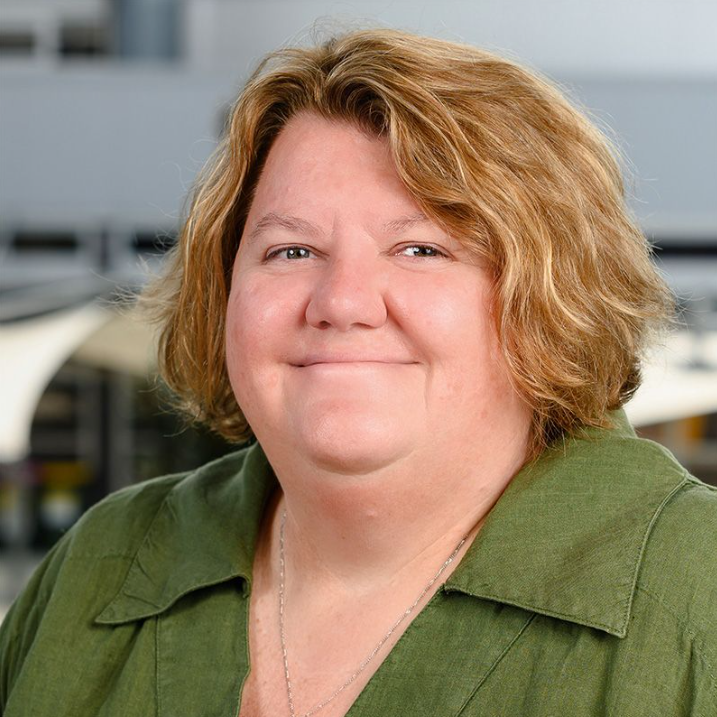About The SMART CRC
Vision & Mission
The Vision of the Solutions for Manufacturing Advanced Regenerative Therapies (SMART) Cooperative Research Centre (CRC) is to accelerate regenerative therapies and adoption in Australia.
This will be achieved by creating an industry-led ecosystem of key stakeholders that build the innovative and translation capacity of the regenerative therapies industry. This will be used to drive solutions to unmet clinical needs and the widespread adoption of regenerative therapies for improved health and economic prosperity.
The Solutions for Manufacturing Advanced Regenerative Therapies (SMART) Cooperative Research Centre (CRC) will be Australia’s critical industry-focused regenerative therapy research centre, which brings together Australian and multinational biotechnology and pharmaceuticals with the nation’s preeminent scientists, engineers and clinical researchers from our world-leading universities and medical research institutes together.
Opportunity & Challenge
Regenerative therapies, including any combination of cell- and gene-based therapies, tissue engineering solutions and medical devices, are the new frontier of patient-specific medicine and enhance our bodies’ abilities to self-repair and even grow new tissues and organs.
Unlike most conventional treatments, regenerative therapies shows enormous potential to cure disease and reverse damage from injuries.
Why the SMART CRC?
It has been reported that healthcare costs in Australia will continue to grow at a rate that would see those costs represent sixteen per cent of GDP by 2040. This is an unsustainable economic trajectory.
The cost drivers for healthcare are complex, but at a macro level, our population is growing, and we are living longer. However, the prevalence of disease during those latter years is markedly higher. In a paradigm where our therapeutic intervention is primarily the treatment of symptoms and not the cause, the result is spiralling healthcare costs that an aging population can not afford.
Australia has a window of opportunity to become a global leader in the burgeoning field of regenerative medicine, where instead of treating the symptoms, cutting-edge technologies will allow us to cure disease, regenerate those parts of our bodies affected by age or recover from the damage caused by a range of genetic conditions or enable us to restore the function of our organs when impacted by injury.
In 2018 more than 60 key regenerative medicine sector stakeholders contributed to a seminal report which presented a series of recommendations and priority actions designed not only to mature and grow our existing industry to a level that could serve our own national health needs, but also to give Australia a prominent place in, and a share of the global regenerative medicine market which is estimated to reach to $120bn by 2035. Download the 2018 MTPConnect Report here.
The strategy, which leverages the lessons from the economies now forging ahead of Australia (such as Japan, Canada and the United States), argues that a conservative market penetration target of only 5% would unlock $6bn in revenue for Australia and create more than 6000 jobs.
Those recommendations highlighted the criticality of removing complex barriers to capitalise on and grow our existing capacity and capabilities in regenerative medicine. Central to implementing the recommendations was the call for a strategic regenerative medicine hub to catalyse, drive and coordinate a national effort to capture this opportunity.
The proposed SMART CRC is ideally placed to be that hub. We are committed to realising our vision with the support of our academic, industry partners and other enabling organisations.
SMART CRC Interim Management
Dr Leanna Read
CHAIR
Leanna has broad-ranging research, company executive, board and investment experience in technology-based enterprises, particularly biotechnology and cell therapies. She brings a long-standing engagement with the Cooperative Research Centre (CRC) program since its introduction in 1991.
This includes co-founding the CRC for Tissue Growth and Repair (CRC TGR - funded in the inaugural round of CRCs) and experience as CEO of CRC TGR as well as the CRC for Cell Therapy Manufacturing (CRC CTM). She has served on the board of three CRCs and chaired CRC CTM for its entire 6-year term.
Dr Sarah Costanzo
COO
Sarah heads up the operational development of UQ's Advanced Cell Therapy Manufacturing Initiative. Drawing from a rich background in industry-led materials chemistry and life sciences research, coupled with extensive experience in consulting and management, Sarah is a dynamic leader with a proven track record in delivering results. Her expertise extends to orchestrating the seamless development and delivery of strategic interdisciplinary endeavours.
Sarah plays a pivotal role in forging robust collaborations with cross-functional teams, fostering an inclusive environment of innovation. Sarah consistently navigates major initiatives with precision, steering them towards ground-breaking outcomes that make a lasting impact. She excels in implementing cutting-edge, technology-driven solutions to propel impactful research forward.
PROF ALLISON COWIN
Research Director
Allison is a Professor of Regenerative Medicine within the Future Industries Institute, at the University of South Australia (UniSA). With over 30 years experience in developing new advanced technologies and cell therapies for wounds and burn injuries, Allison brings significant knowledge in pre-clinical model development and clinical trial implementation.
Allison has been awarded over $22M in National and International grant funding to support her research into developing advanced wound dressings, diagnostics and sensors. Her industry-focused research has resulted in over 190 publications and patents and is currently in two clinical trials. She has had leadership roles in several CRCs including the Wound Management Innovation CRC and Cell Therapy Manufacturing CRC.
Dr Jelena Rnjak-Kovacina
biomaterials Co-Lead
Jelena is a Scientia Associate Professor and ARC Future Fellow leading a multidisciplinary group at the Graduate School of Biomedical Engineering, UNSW Sydney in Australia. Her research interests are at the interface of biology and engineering, focusing on the development of biomimetic materials that direct cellular interactions for enhanced vascularisation and for the treatment of cardiovascular disease.
In particular, she develops novel silk-based biomaterials and investigates how biomaterial properties translate to biological outcomes. She is actively involved in the Australasian MedTech sector, including as Vice President of the Australasian Society for Biomaterials & Tissue Engineering (ASBTE), board member of the Australian Cardiovascular Alliance (ACvA) Bioengineering flagship, Fellow of the Tissue Engineering & Regenerative Medicine International Society, and through editorial roles for multiple journals. She is passionate about research training and communication.
Samuel Jesuadian
biomaterials Co-Lead
Samuel is a seasoned senior executive with over 16 years of leadership in academia and industry, boasting a unique blend of expertise in both scientific research and strategic business development.
Samuel has an intrinsic ability to bridge the gap between research and its commercialisation, driving strategic initiatives, fostering innovation, and enabling business growth. He is adept at transforming institutes into recognised brands and cultivating collaborative relationships. Samuel orchestrated collaboration across national and global sites, enhancing organisational footprint. Over the past three years, he has developed a strategic opportunity value of $250M through international and national collaborative initiatives.
Prof Simon Cool
CEO
Simon is a Professor of Biomedical Engineering and Director of the Advanced Cell Therapy Manufacturing Initiative in the School of Chemical Engineering, at the University of Queensland (UQ). Prior to his move back to UQ in 2022, he joined the Institute of Molecular and Cell Biology (IMCB), A*STAR, Singapore as a Principal Investigator in 2003, progressing to a Research Director in 2020.
Professor Cool has 51 patents in the fields of glycosaminoglycan biochemistry, regenerative medicine, and stem cell science. With more than 150 publications, he continues fostering strong strategic collaborations nationally and internationally with academic and industry groups.
Silvio Tiziani
Commercialisation advisor
Silvio is Chief Executive Officer of the Centre for Commercialisation of Regenerative Medicine (CCRM) Australia, an organisation focused on bridging the regenerative medicine commercialisation gap through a network of scientists, entrepreneurs, and academic institutions, and industry partners and addressing bottlenecks in the industry. CCRM Australia is taking a leading role in supporting Australia’s fast-developing regenerative medicine sector.
Silvio is also the Director of External Strategy and Engagement at the Australian Regenerative Medicine Institute.
Dr Chih Wei Teng
Future workforce Co-lead
Chih Wei is the Chief Operations Officer at CCRM Australia, responsible for the development and operationalisation of CCRM Australia’s 5 Year strategy. In addition to his administrative role, Chih Wei actively works with biotechnology companies and academics to translate their innovation.
Chih Wei has completed a doctoral degree, researching how the translation of regenerative medicine can be improved with open collaborative innovation. His research showed that interdisciplinary collaboration results in new capabilities that not only improve translation outcomes but also support the development of competitive business models.
DR Heather Donaghy
biomanufacturing Co-Lead
Heather is the Scientific Engagement Manager for Cell and Gene Therapies at Therapeutic Innovation Australia. As such, Heather manages and coordinates efforts across key biomanufacturing facilities for cell and gene therapies, with the aim of lowering the barrier to entry for researchers. Sitting at the juxtaposition of research, industry and manufacturing, Heather has a holistic perspective on the development of cell and gene therapies and provides valuable insights into the changing requirements of the rapidly evolving cell and gene therapy ecosystem.
Heather is passionate about building the cell and gene therapy ecosystem in Australia and brings a diverse understanding of the sector, having worked with government, universities, manufacturing facilities and researchers to improve manufacturing capability and capacity for researchers. This perspective will enable development of manufacturing solutions for translational research.
A/prof Larisa Haupt
Future Workforce Co-lead
Larisa is a Principal Research Fellow and the Neurogenesis and Stem Cell Group Leader within the Centre for Genomics and Personalised Health and Genomics Research Centre at QUT. A/Prof Haupt is also the Diagnostics and Functional Genomics Program Co-Leader within CGPH, and has extensive research expertise in the extracellular matrix, stem cells, cell and molecular biology and human molecular genetics.
Larisa has published more than 90+ manuscripts, successfully been awarded $12.6M in competitive funding including as a CI on the Max Planck Queensland Centre for the Materials Science of Extracellular Matrices and the ARC ITTC (CTET) Engineering in vitro tissue microenvironments. She has supervised 14 PhD, 7 Honours students (Class I) and 2 MPhil students to completion. In addition, A/Prof Haupt serves as a HGSA Qld Branch Committee member and Treasurer of MBSANZ.
Prof joy rathjen
clinical enablement co-lead
Joy is the current Director, Research and Innovation, at SA Pathology, a Statewide Clinical Support Service in SA Health with oversight of a portfolio of industry-embedded research. She is also an Adjunct Industry Professor at the University of South Australia. Prior to this, Joy was the Scientific Director of the Basil Hetzel Institute of Translational Health Research at The Queen Elizabeth Hospital, a research institute of the Central Adelaide Local Health Network, concurrently held with the Scientific Directorship of The Hospital Research Foundation Group (THRF Group).
She came to research leadership from academia. Her research career spanned more than 3 decades and focused on stem cell populations of the early mammalian embryo, the role of these cells in underpinning mammalian development and how these cells could be exploited clinically and therapeutically.
Governance & Management
The SMART CRC will be established as a not-for-profit (NFP) company limited by a guarantee, governed by a skills-based, majority-independent board. The SMART CRC is delighted to have Dr Leanna Reed as its Bid Steering Committee Chair. Read more about Leanna here.
The 10-year Centre will be headquartered at the University of Queensland, Brisbane, Australia. The CRC will perform industry-led programs of research in which industry identify problems and challenges, and CRC participants collaborate to develop solutions.
Project proposals are developed by project parties. The Research and Commercialisation Advisory Committee helps refine the project. The SMART CRC board reviews recommendations and approves projects. A project agreement is then negotiated by the project parties, including commercial first-right.
Clear confidentiality arrangements will be defined and maintained. In particular, industry partners will control which information can be shared with other partners and the public.
As commercial advisors to the CRC, CCRM Australia will provide access to its network of IP advisors and commercial consultants to define, protect and manage IP.





